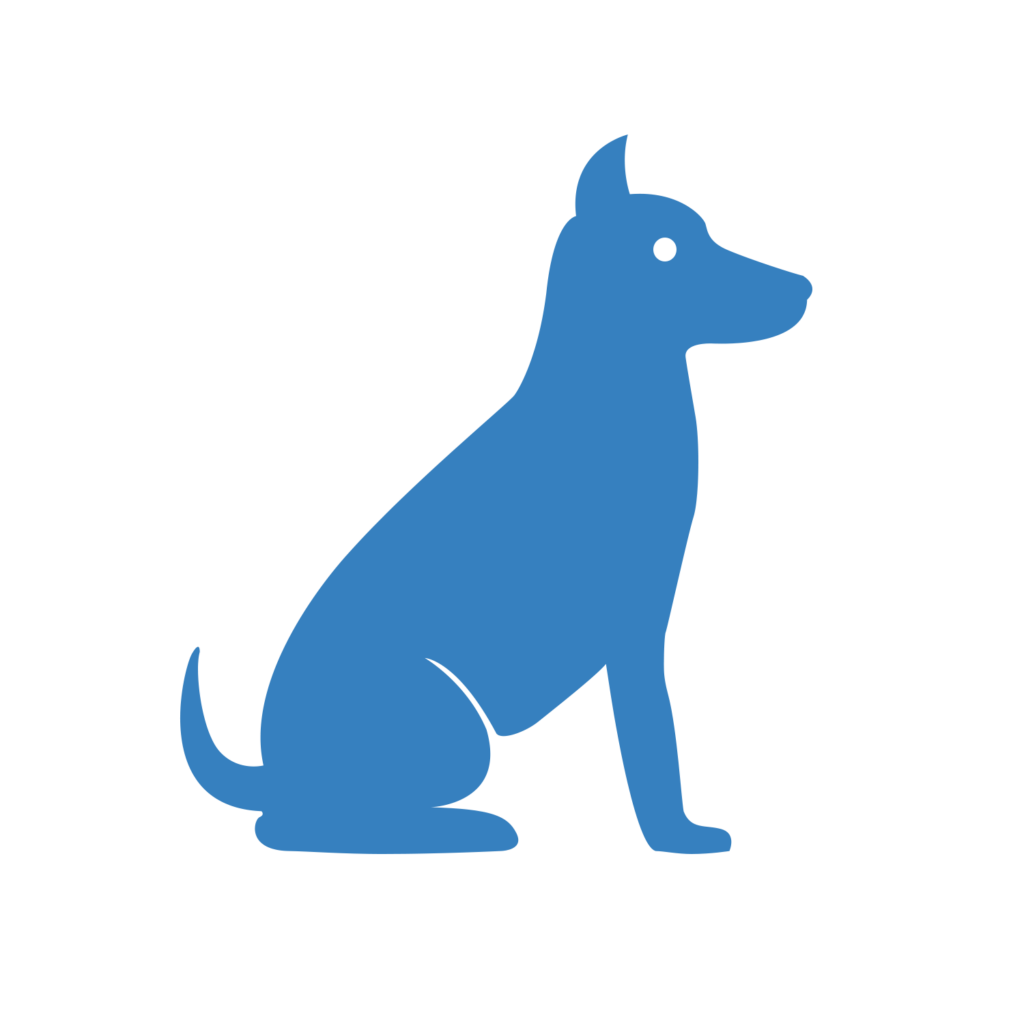

Primary Open Angle Glaucoma
Turnaround: 3-5 business daysTurnaround: 7-10 business days
Price: $45.00Price: £40.00
Breeds: Beagle, Mixed Breed, Unspecified
Description
Primary Open Angle Glaucoma (POAG) is an autosomal recessive genetic mutation which causes pressure to build up in the eye. Autosomal recessive genetic mutations are mutations that can be passed from either parent and require two copies of the gene to show symptoms. This disorder results in discomfort and vision loss. This genetic defect prevents the normal release of fluids in a dog's eyes.
As pressure behind the eyes increases, retinal ganglia cells begin to die. Retinal ganglions are nerve cells that receive visual information from the retina and then transfer this information through the optic nerve to the brain. Once a retinal ganglion cell has died, it will not regenerate and vision loss results.
Symptoms begin to show when a dog is between 8 months to a year and a half old. A dog with POAG has eyes that may appear red, enlarged and irritated. A dog may show discomfort and try to rub its eyes. Treatment is sometimes possible, but if the condition is not quickly identified and addressed vision loss and blindness can result.
Because POAG is inherited as an autosomal recessive condition, a carrier dog does not show any symptoms of the condition. This makes DNA testing an important tool for breeders to ensure the health of the puppies. If two carriers are bred together, there is a 25% chance per puppy that they will develop POAG symptoms.
Possible Results
| Genotype | Description |
|---|---|
| POAG/POAG | At Risk: Dog has two copies of the POAG mutation and is at risk of developing the disorder. The gene will be passed on to every offspring. |
| n/POAG | Carrier: Dog has one copy of the POAG mutation. Dog will not be affected by POAG but may pass the mutation to offspring. |
| n/n | Clear: Dog is negative for mutation associated with POAG. |
Reference
Kuchtey J, Kunkel J, Esson D, Sapienza JS, Ward DA, Plummer CE, Gelatt KN, Kuchtey RW. Screening ADAMTS10 in Dog Populations Supports Gly661Arg as the Glaucoma-Causing Variant in Beagles. Invest Ophthalmol Vis Sci. 2013 Mar 13;54(3):1881-6. [PubMed: 23422823]
Kuchtey J, Olson LM, Rinkoski T, MacKay EO, Iverson TM, Gelatt KN, Haines JL, Kuchtey RW. Mapping of the disease locus and identification of ADAMTS10 as a candidate gene in a canine model of primary open angle glaucoma. PLoS Genet. 2011 Feb;7(2):e1001306. [PubMed: 21379321]